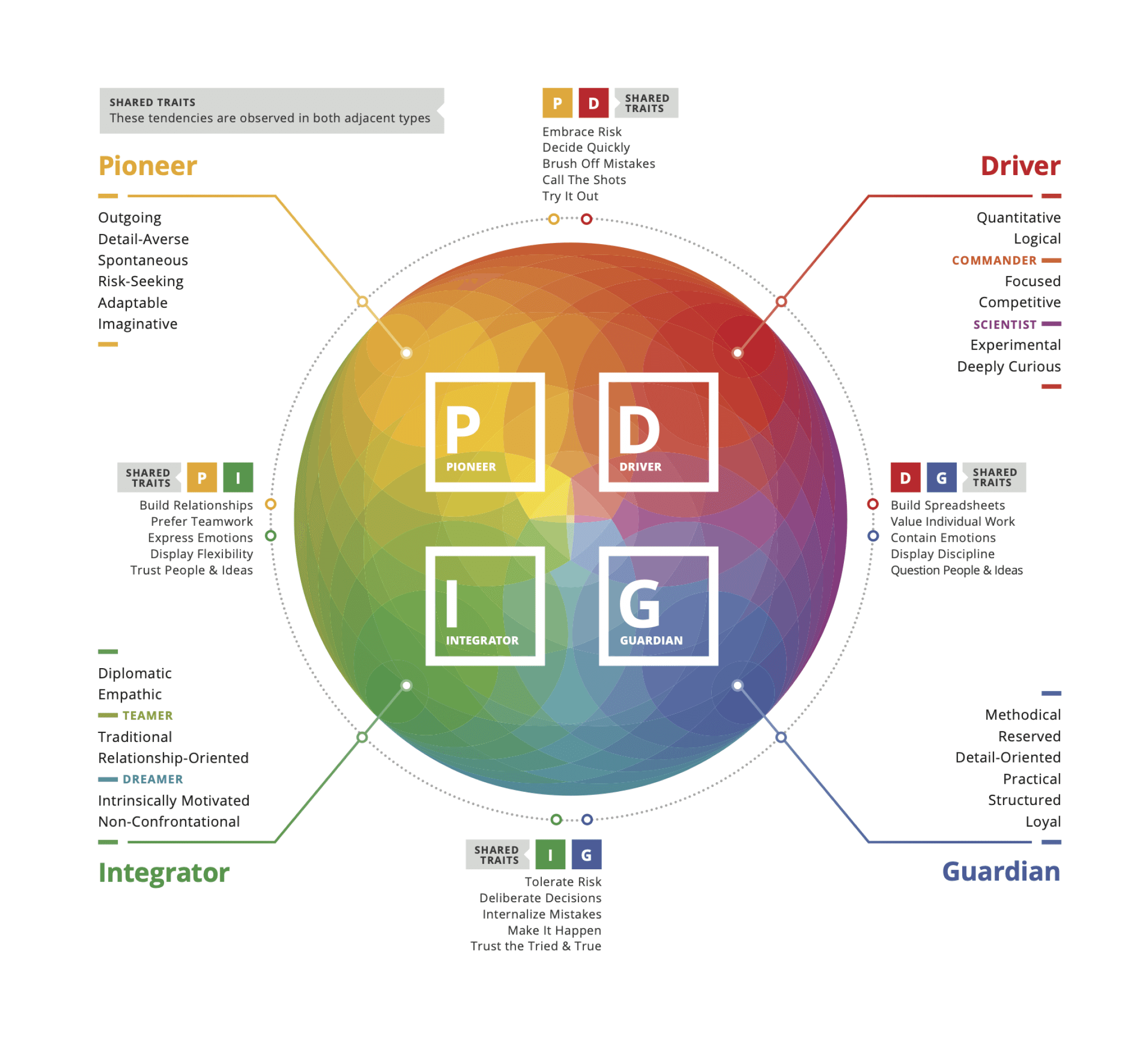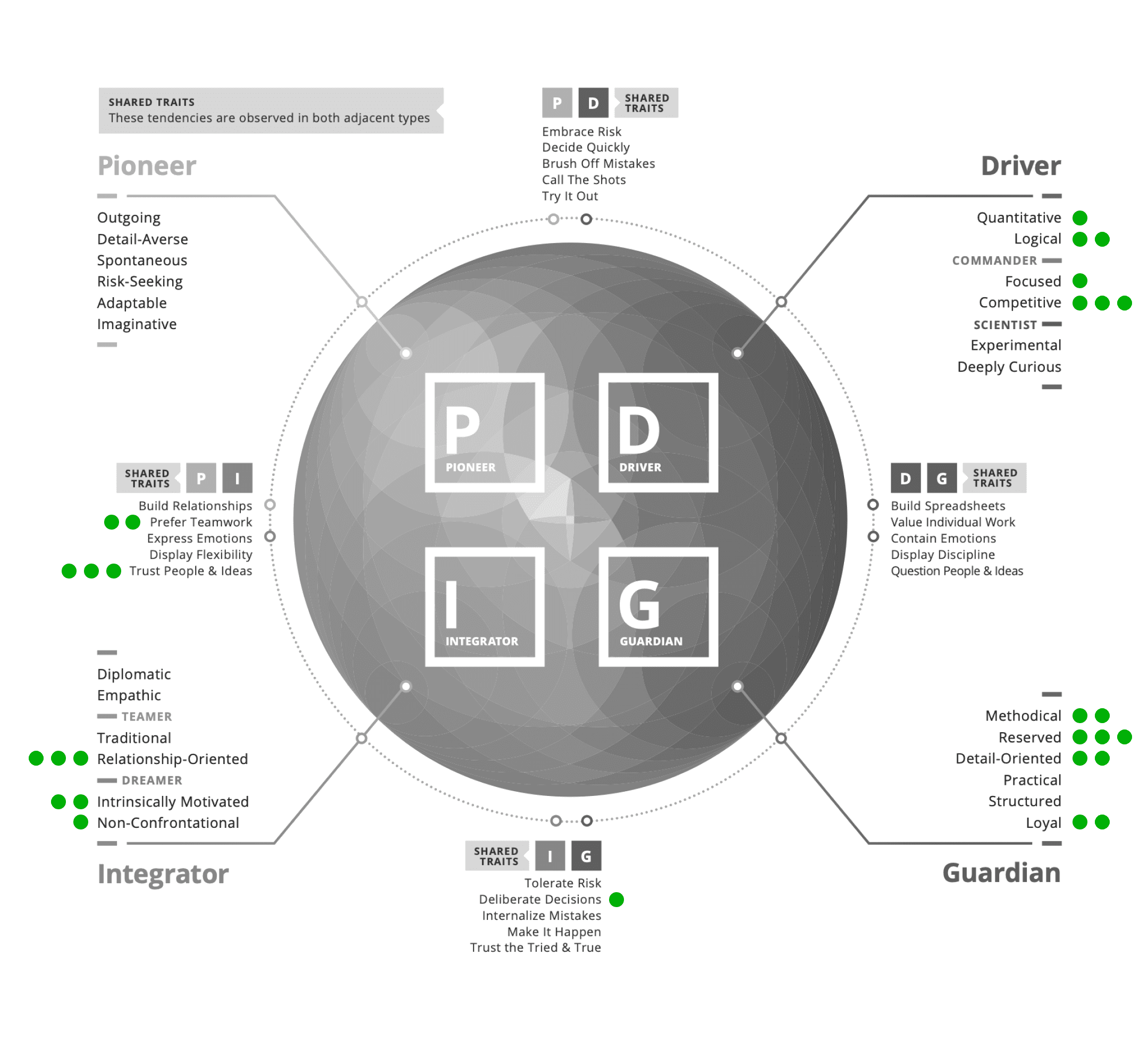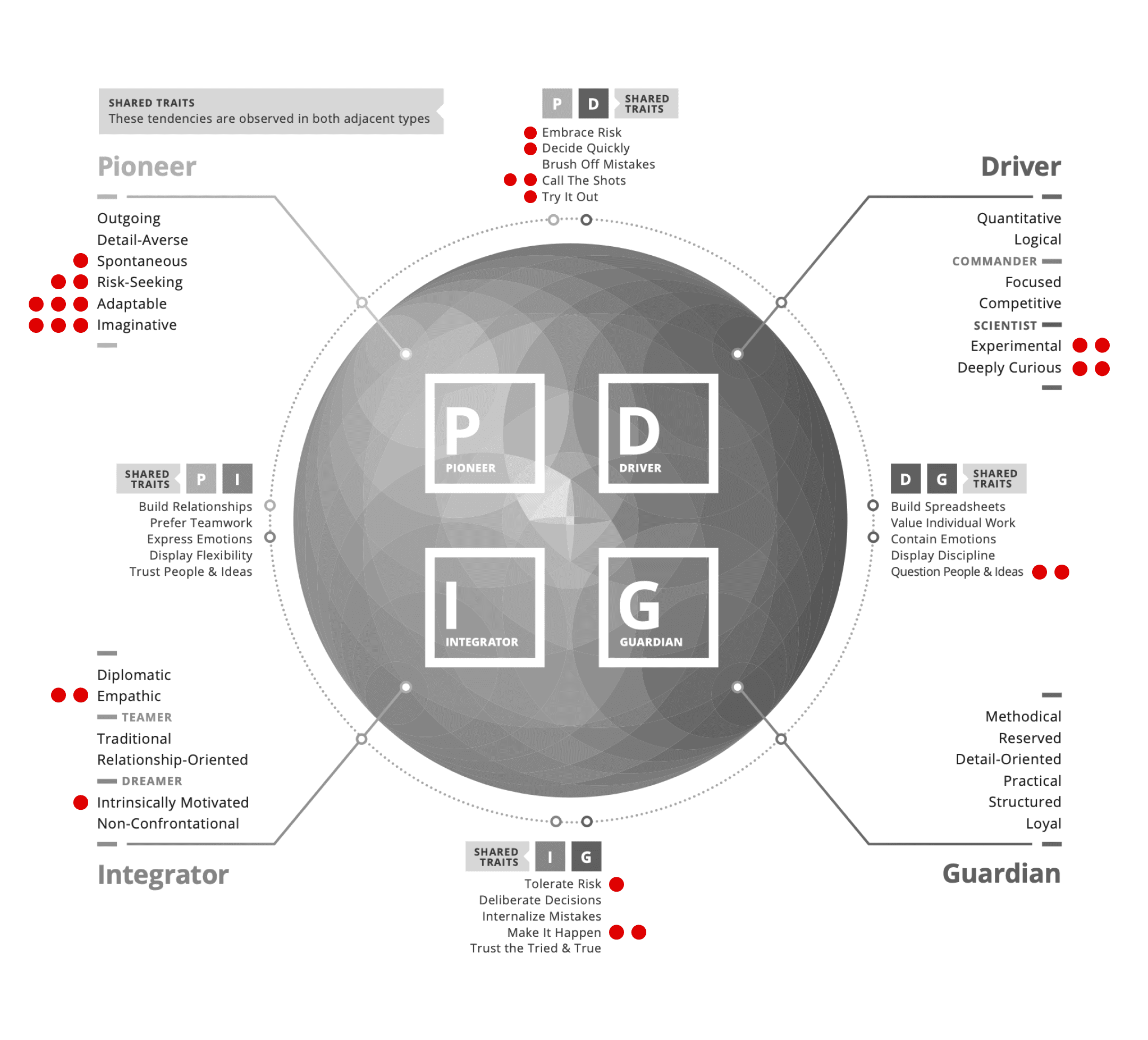
Chapter 3

Jas Bassi
Gateley

Reuben Boughton
GW

James Hobbs
HSBC

Mike Lewis
WMGC

Mike Morgan
Hays

Kate Tague
BOA
Michelle Storer
Hays
Prof. Abdul Hamid Sadka
Aston Uni
Mark Simpson
GW
Peter Wainwright
ERIKS
We initiated our journey with a focus on skills, targeting three key areas:
The traits we need most in our IT teams today
Evaluating the IT team of the now (baseline) & how the team of the future might look
Discussion: How do we identify the best talent, interviewing techniques and skills gaps in our organisations
To gain real-time insights, the board sought feedback from Tech Leaders within the region. We aimed to align our efforts and uncover how business can work with academia to uncover the best talent, how we can help shape the curriculum to unburden both our teachers and our students and help develop some of the maverick traits and behaviours that business craves.
In collaboration and drawing from insights outlined in the book "Business Chemistry: Practical Magic for Crafting Powerful Work Relationships," we provided our Tech Leaders with 4 green stickers and 4 red stickers. The objective was to identify the traits lacking in new recruits for our IT teams. These traits, whether falling under Pioneer, Integrator, Driver, or Guardian categories, are all pivotal for fostering high-performing teams. The same principle applies to shared traits.
Below you will see the original Business Chemistry (shared traits) graphic:
Infographic source
Our leaders affixed green stickers to the traits they deemed most crucial and currently obtainable in our recruitment process:
Conversely, red stickers were applied to represent traits considered important but challenging to find in modern-day Tech recruits.
Our leaders discussed the desirable traits holistically and disseminated why there might be a lack of Risk takers, Adaptability, Imagination, Curiosity, Experimentation, Empathy, and candidates willing to make things happen, call the shots and question people and ideas.
We questioned whether academia was a little too aligned on success metrics as opposed to giving students the opportunity to be more curious and creative. We all agreed the recent trend of Industrial placements, graduate schemes, IP schemes and degree apprenticeships were crucial to heightening the knowledge, skills and behaviour gaps we desire in our businesses moving forward.
We also talked about work life versus what we likely ask students to do in exams. Geared towards a winning one answer approach where in the business world we use our tablets and laptops to continually edit and iterate, with much better results.
Now of course, this is a small segment of leaders, but our conversation covered work from home culture, a lack of a Covid escape plan for enterprise and business from the UK government and cultural shifts that aligned with a lack leadership and maverick spirit from an early age.
We'd love to hear from you:
Do you agree with our findings and thoughts, do you disagree?
Is there a need for the work from home balance to change in emphasis?
Is our modern-day curriculum too aligned to success metrics and tick boxes and not close enough to experimentation and play?
If you have any questions or queries please contact one of our Board Members:

Reuben Boughton







